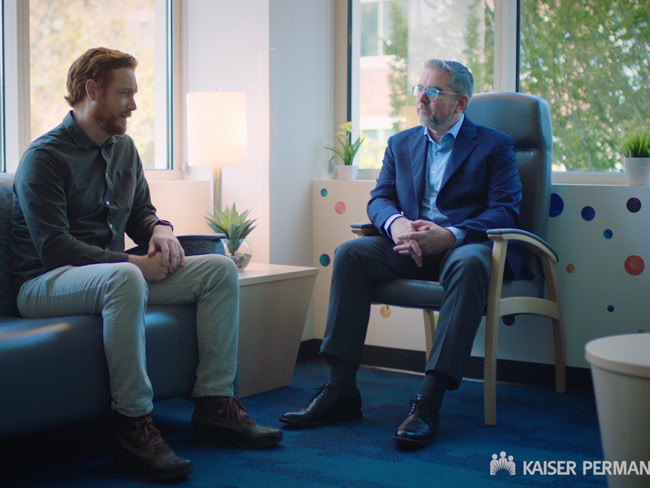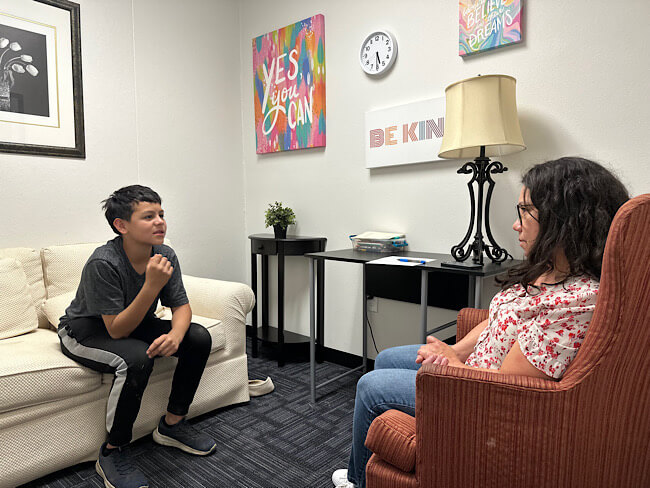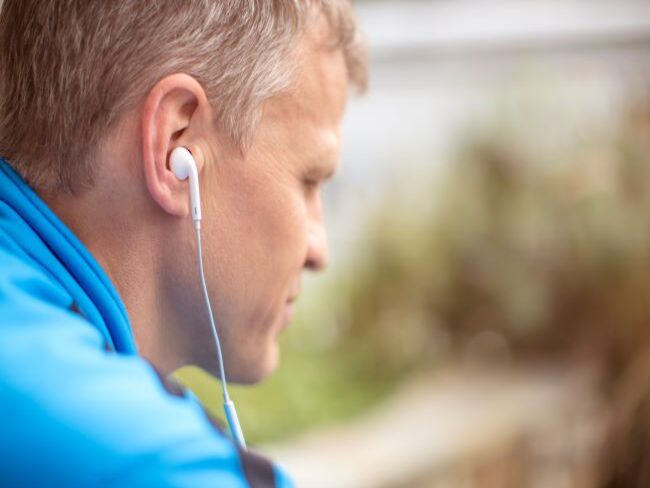Teen social media use may lead to depression
Creating a healthy relationship with social media can help safeguard the well-being of an adolescent.
Recognizing the impression of social media on adolescent mental health is one of the first steps toward creating a positive relationship with social media.
Social media has become an integral part of teen life. With many platforms available, young people are more connected than ever. As social media usage increases among teens, so do concerns about its detrimental effects, particularly on mental health.
In May 2023, the Surgeon General released an advisory about the effects of social media on youth mental health. There are benefits, including helping teens feel connected and accepted. However, social media use can also disrupt sleep, expose teens to bullying and peer pressure, and show unrealistic views of other people’s lives.
The connection between social media and depression
“Being an adolescent has always been challenging, even before social media. Recently, studies have highlighted a correlation between excessive social media use and elevated levels of depression in both male and female teenagers,” said Ashley Zucker, MD, a psychiatrist at Kaiser Permanente in San Bernardino. “Female adolescents are impacted even more with depression. Perhaps they may be more vocal about it, or they may be reaching out more.”
LGBTQ+ individuals are particularly affected. “They struggle more than the average struggling adolescent. Depression, suicide attempts, and suicidal thoughts are 40% higher than in other teens,” said Dr. Zucker.
Driven by the need for validation and FOMO — the fear of missing out — adolescents engage in a cycle of comparison, self-doubt, and anxiety. Social media provides exposure to idealized versions of others’ lives. This can create inflated standards and lead to feelings of inadequacy and low self-esteem.
Cyberbullying is another concern. The anonymity and distance provided by online platforms can sway people to engage in hurtful online behavior. Cyberbullying can harm a teen’s mental health, leading to increased feelings of depression and anxiety.
Having a healthy relationship with social media
Recognizing the impression of social media on adolescent mental health and learning about mental wellness is the first step toward creating a positive relationship with social media. Parents, educators, and broader society need to work together to foster safer digital habits and provide needed support to vulnerable teens.
Educating teenagers about the negative effects of excessive social media use on their mental well-being can also be effective. By raising their awareness of the deceptive nature of online personas and the importance of self-acceptance, adolescents can develop stronger resilience to its potentially damaging consequences.
Teens should consider taking regular digital breaks and engaging in offline activities to help create a healthy balance in their relationship with social media. Hobbies, exercise, and quality time with friends and family offer a much-needed escape from online pressures.
“Youths struggling with depression can also seek professional help from Kaiser Permanente,” Dr. Zucker added. “Our mental health professionals provide guidance, support, and strategies to navigate the challenges associated with depression, anxiety, and more.”
The relationship between social media and teen depression can be a complex one. By guiding and aiding teens, parents can help safeguard their well-being and growth into mentally healthy adults.






























































